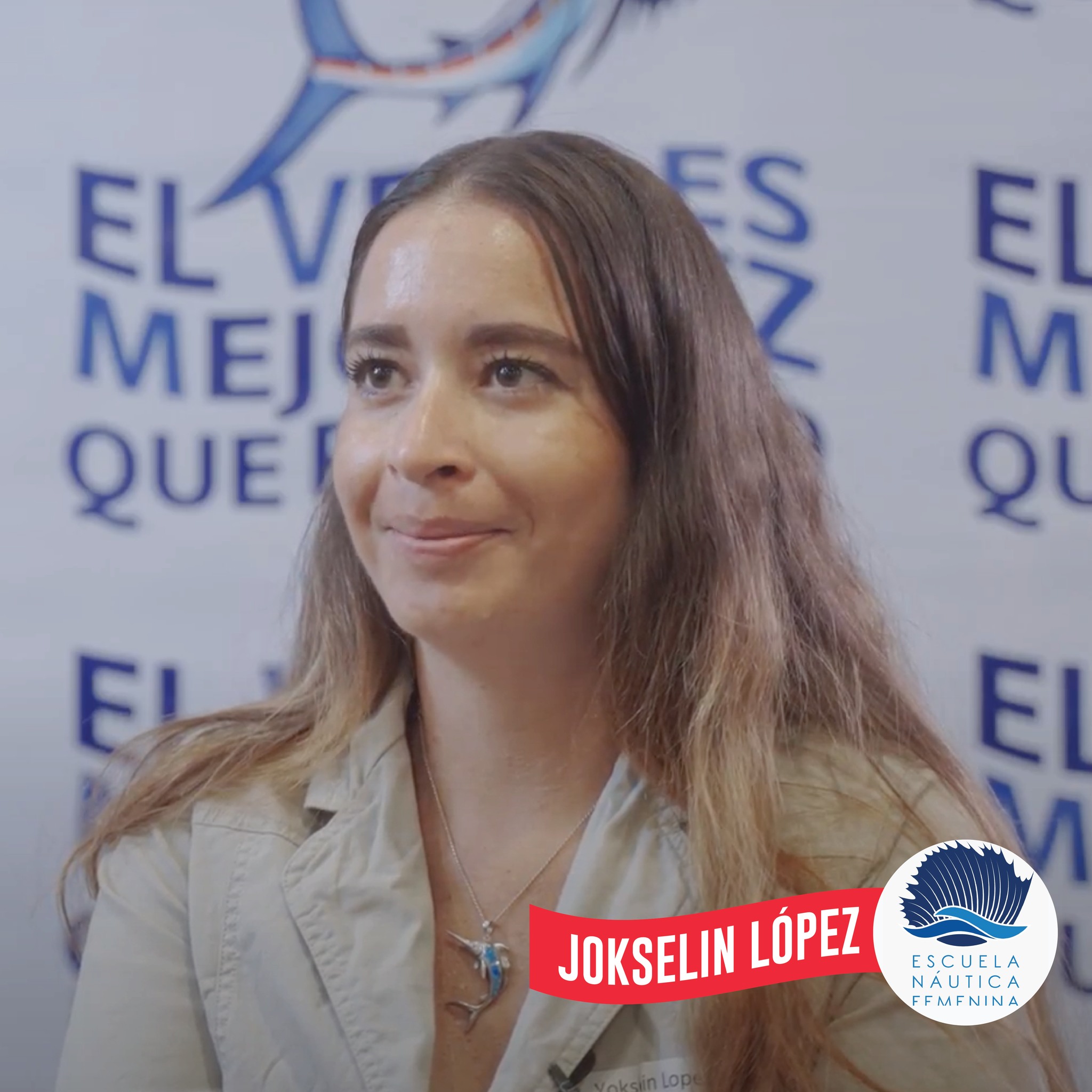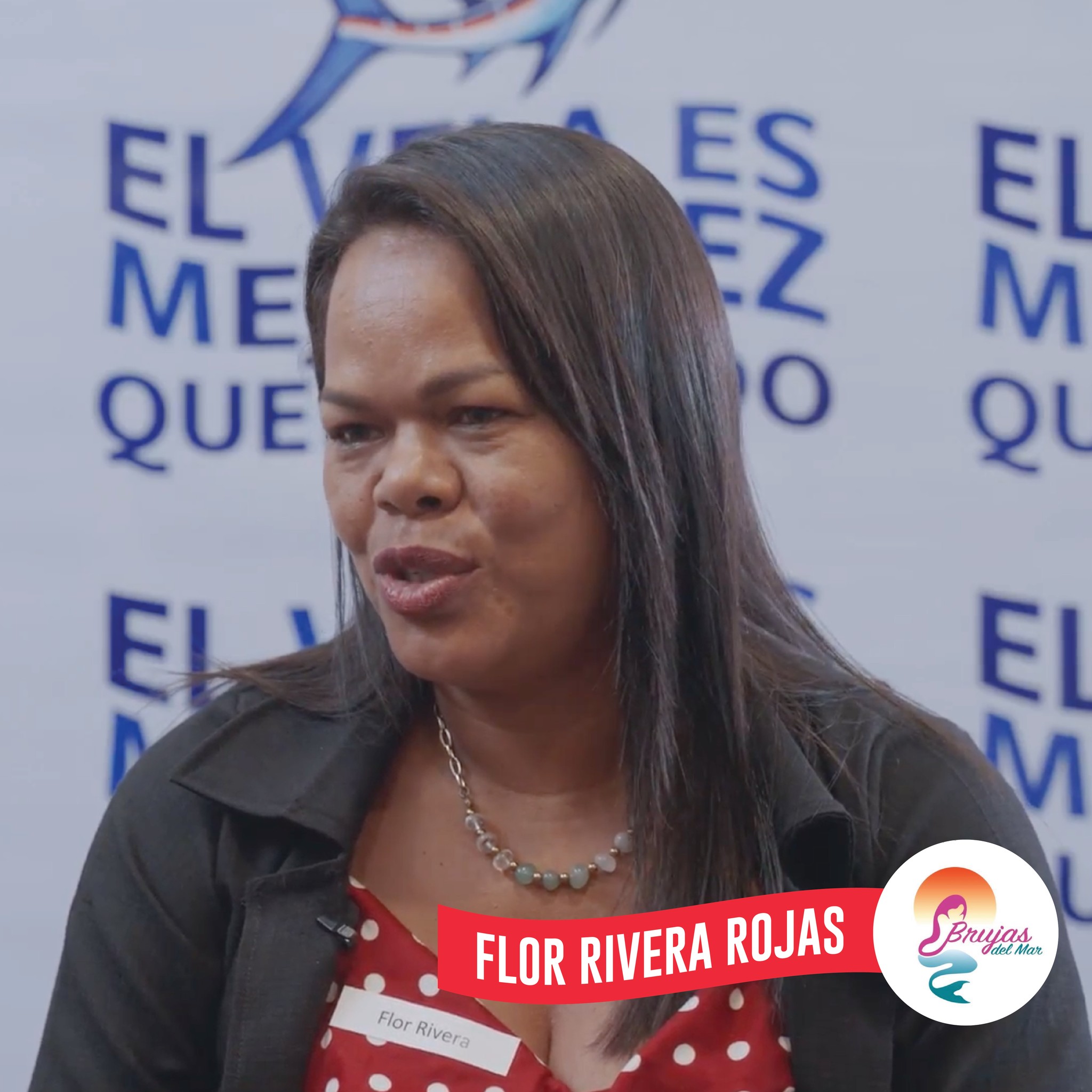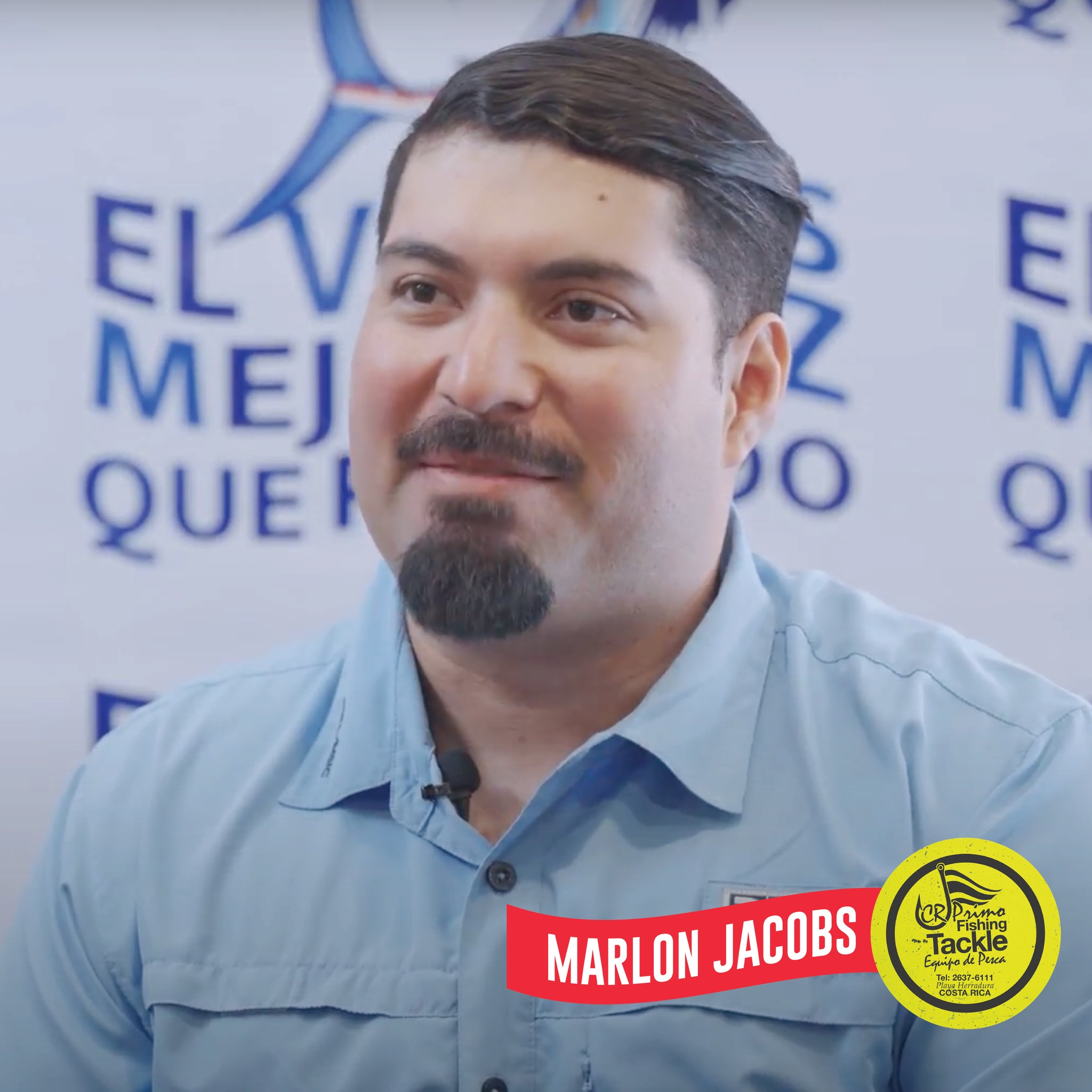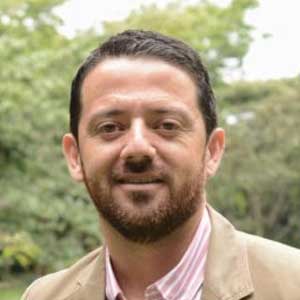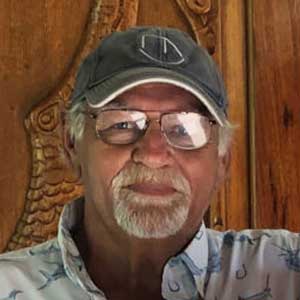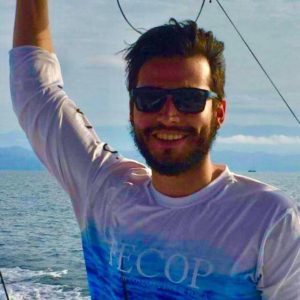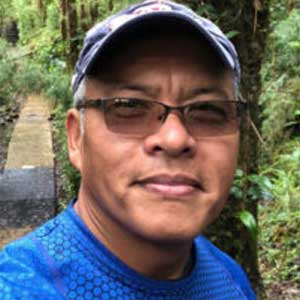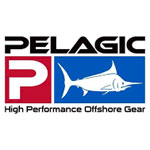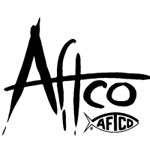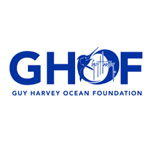in Costa Rica
Education and Conservation
Science, Education and Conservation
Sport Fishing and Science
Tuna Back to Costa Rica


We are an NGO in Costa Rica dedicated to maintaining healthy fisheries of tourism interest, marine conservation, as well as protecting the livelihoods of coastal communities.
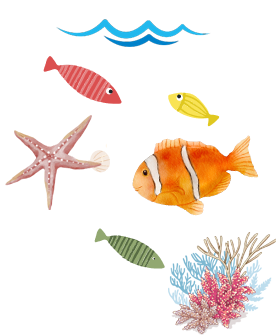
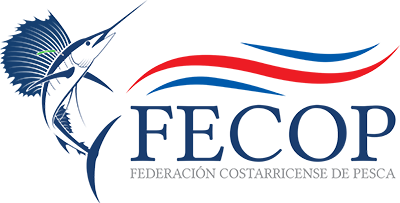
About Us

Nearly twenty years ago, A small group of charter captains formed La Federación Costarricense de Pesca, or FECOP, a nongovernmental federation of sportfishing interests to lobby the government, backed by science, to better manage Costa Rica’s territorial waters. (The country’s territorial waters are 11 times greater than the size of its land area.) The group lobbied INCOPESCA, the governing agency of Costa Rican fisheries, citing the importance of sport fishing to coastal communities; in March 2009, Costa Rica banned the exportation of sailfish. A decade later, sailfish face a new danger, by Costa Rica’s own national fishing fleet. Sailfish can still be taken as accidental bycatch and sold on the national market, but they must be released if they’re alive on a line when captured. Unfortunately due to this loophole (incidental capture) in this law, sailfish are being directly targeted for cheap, low-grade meat. Learn more about what we’re doing to fight for sailfish here.
We Examine the Science. Then help leaders make decisions
Data
Science
Education
Conservation
The People Behind FECOP
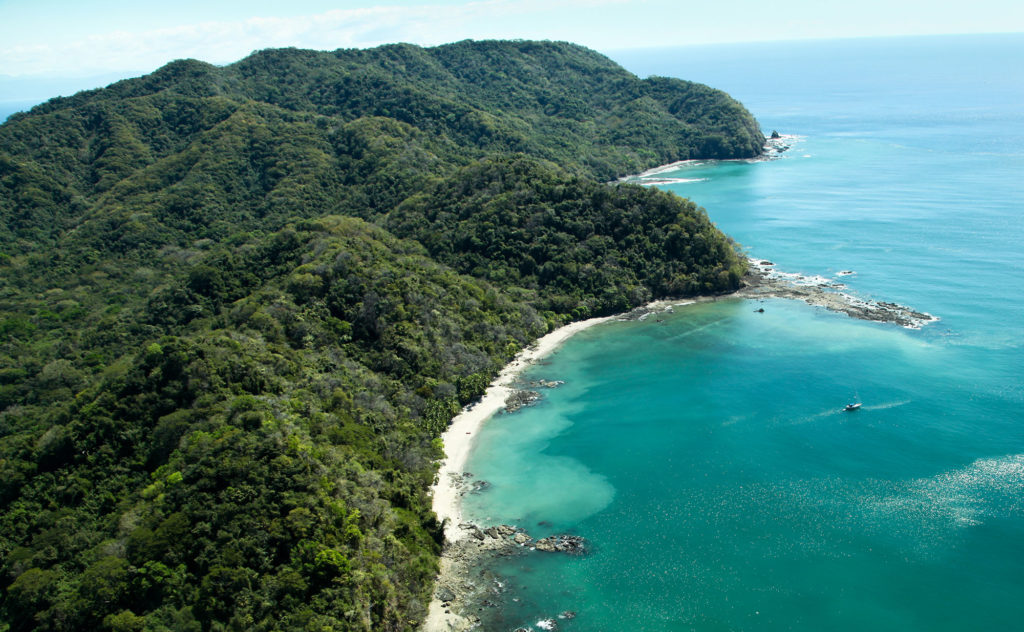
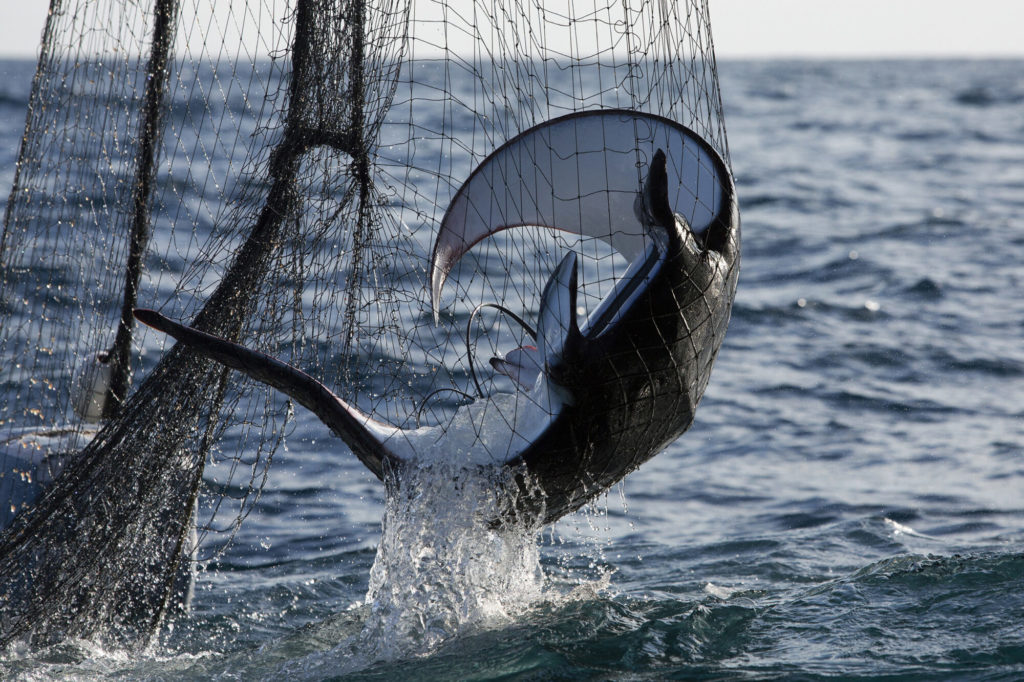
Protecting Costa Rica's Valuable Marine Resources
We're Making a Difference!
FECOP lobbies for laws and policies that help protect fisheries of touristic interest and support coastal communities.
After several studies FECOP concluded the sharp decline in sailfish productivity was due to the killing and exportation of these fish for food
August 2022 Purse Seine fishing becomes illegal within 80 miles of Costa Rica’s coast. The old law permitted them to work just 12 miles from the coast and a Presidential decree in 2014 moved them out to 45 miles. The problem with a Presidential decree is it could be changed at any time whereas a law can only be changed with a new law which is a more difficult process – it is now LAW.
Created the Largest Marine Area of Responsible Fishing in Central America, The Golfo Dulce.
Reduced the marlin bycatch from 25 Metric tons to just over 5 metric tons annually.
August 8, 2013 after heavy lobbying by FECOP Shrimp Trawling declared unconstitutional in Costa Rica, after ruling that the fishing technique causes serious damage to the marine environment.
What People Are Saying About FECOP
Our projects are aimed at protecting fisheries of touristic interest and supporting the livihoods of the people in Costa Rica’s coastal communities.
